Data Analytics using R Course







Data Analytics using R certification course
What will I learn?
- Learn how to manipulate, clean, and preprocess data using R.
- Develop practical skills in data analytics through hands-on exercises and projects.
- Understand best practices and tips for effective data analysis using R.
- Explore data visualization principles and techniques in R.
- Participants will gain exposure to advanced topics in R, including machine learning concepts and techniques, working with big data, and optimizing R code and workflows for efficiency.
Requirements
- Basic understanding of statistics and data analysis concepts.
- No prior experience with R is necessary.
Data Analytics using R Course Content
- Introduction to R
- What is R?,
- Installing R,
- R environment
- Understanding R data structure
- Variables , Scalars
- Vectors, Matrices, List
- Data frames, functions, Factors
- Importing data
- Reading Tabular Data files
- Loading and storing data with a clipboard
- Accessing database, Writing data to file
- Writing text & output from analyses to file
- Manipulating Data
- Selecting rows/observations
- Rounding Number
- Merging data
- Relabeling the column names
- Data sorting
- Data aggregation
- Using functions in R
- Commonly used Mathematical Functions
- Commonly used Summary Functions
- Commonly used String Functions
- User-defined functions
- local and global variable
- Working with dates
- Looping
- While loop ,
- If loop
- Charts and Plots
- Box plot, Histogram,
- Pie graph ,Line chart
- Scatterplot, Developing graphs
- Introduction to R Programming
- Overview of R and RStudio IDE
- Basic syntax, data types, and variables in R
- Data Import and Manipulation
- Importing data from various sources (e.g., CSV files, Excel spreadsheets, databases)
- Cleaning and preprocessing data using dplyr and tidyr packages
- Exploratory Data Analysis (EDA)
- Summarizing and visualizing data distributions, correlations, and patterns
- Identifying outliers, missing values, and data inconsistencies
- Data Visualization with ggplot2
- Creating static and interactive plots: scatter plots, histograms, bar charts, etc.
- Customizing plot aesthetics and themes for effective storytelling
- Statistical Analysis with R
- Descriptive statistics: mean, median, standard deviation, etc.
- Inferential statistics: hypothesis testing, confidence intervals, p-values
- Advanced Data Analytics Techniques
- Predictive modeling: linear regression, logistic regression, decision trees
- Cluster analysis: k-means clustering, hierarchical clustering
- Time series analysis: forecasting, seasonality, trend detection
- Reporting and Deployment
- Generating dynamic reports and presentations using RMarkdown
- Building interactive web applications with Shiny for data visualization and analysis
Get in touch
400+ Global Employment Partners


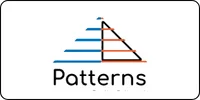



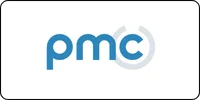

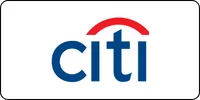

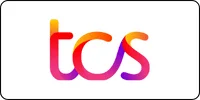

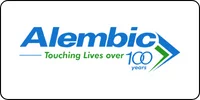
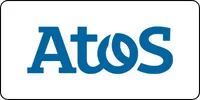
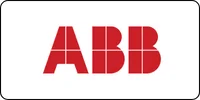
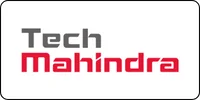
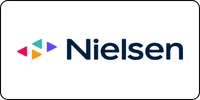
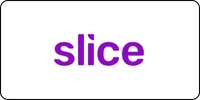
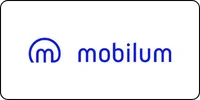
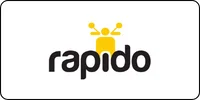
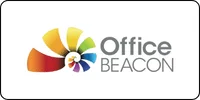

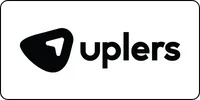
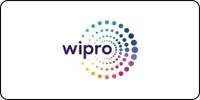
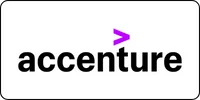
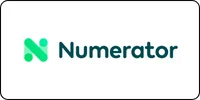

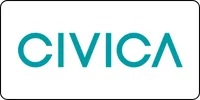

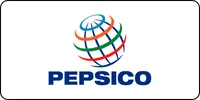
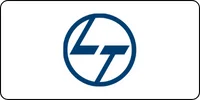
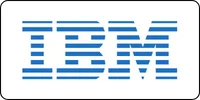
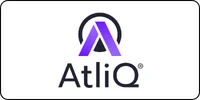
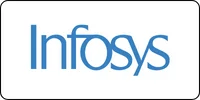

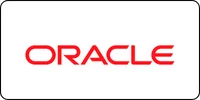
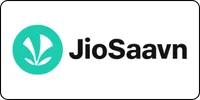

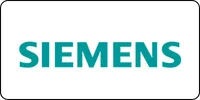
Why Choose Data Analytics Using R Certification Course from Bright Computer Education?

Designed Curriculum
Our curriculum covers everything from basic to advanced topics. Topics include variables, data types, control structures, functions, OOP, STL, and more.

Hands-on Learning
Dive into practical exercises and coding projects that reinforce learning and help you build real-world applications.

Experienced Instructors
Learn from industry experts with years of experience in C programming and software development.
Flexible Learning
Choose from flexible scheduling options, including self-paced learning or live virtual classes to fit your busy lifestyle.
Career Development
Gain valuable skills sought after by employers in various industries, from software development to embedded systems and beyond.
Interactive Learning
Engage with fellow learners and instructors through live Q&A sessions, discussion forums, and collaborative coding exercises.
Diverse Career Opportunities in Data Analytics Using R: Exploring Paths in India's Technology Sector
Frequently Asked Questions
Recently View Courses
Course Details Curriculum Placement FAQ’s Data Analytics using Excel certification course The Data Analytics...
Read MoreCourse Details Curriculum Placement FAQ’s Data Analytics using SAS certification course The Data Analytics...
Read MoreCourse Details Curriculum Placement FAQ’s Data Analytics using R certification course The Data Analytics...
Read More
